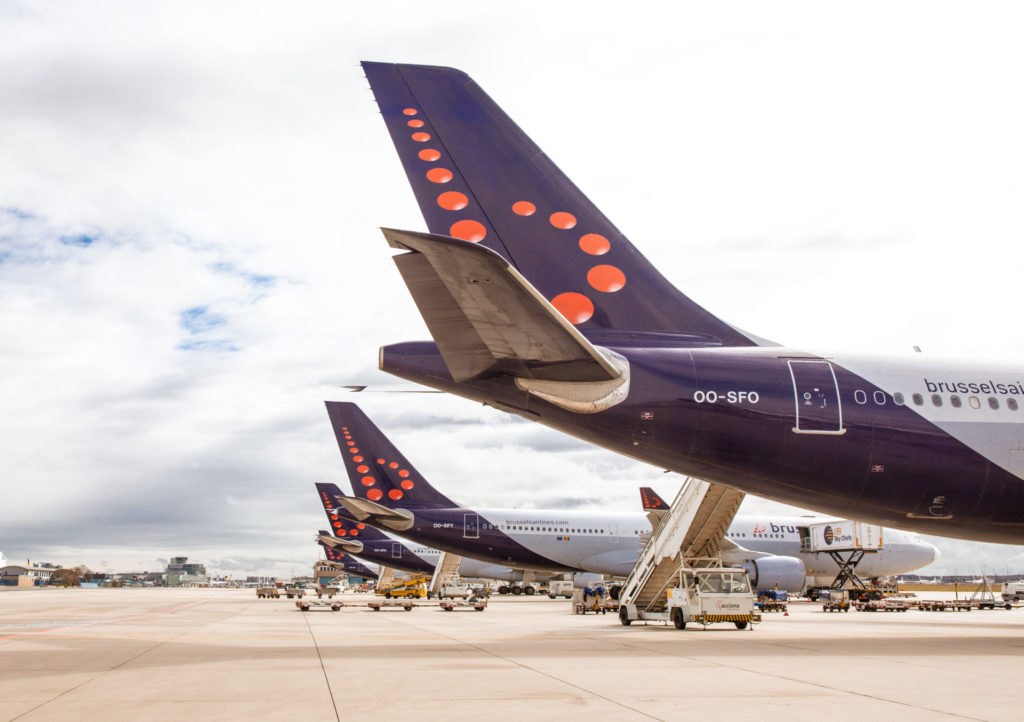The air transport industry has issued a call for governments to consider the long-term effects on air travel of measures taken to combat the Covid-19 pandemic.
In a report published yesterday, the Geneva-based International Air Transport Association (IATA) warns that the effects of the measures could have repercussions for years to come, with long-haul and international transport the worst affected.
The report presents a best-case scenario in which domestic markets open again in the third quarter of this year, with a phased opening of international markets. Then, in 2021, passenger demand would be 24% lower than it was in 2019, and 32% lower than IATA’s own forecast for 2021, published in October 2019.
And even in a best-case scenario, 2019 levels would not be exceeded until 2023. Even by 2025, five years into the crisis, demand levels would still be 10% lower than previous forecasts.
The report also imagines what, by contrast, it described as the pessimistic scenario.
That starts with a slower opening up of markets and lockdowns continuing into the third quarter, possibly as a result of a second wave of the virus.
In that case, demand in 2021 would be 34% lower than 2019, and 41% lower than the previous forecast for next year.
“Major stimulus from governments combined with liquidity injections by central banks will boost the economic recovery once the pandemic is under control. But rebuilding passenger confidence will take longer. And even then, individual and corporate travellers are likely to carefully manage travel spend and stay closer to home,” said Alexandre de Juniac, IATA’s director-general.
Both scenarios assume the recovery will be led by domestic transport. A poll taken by the association last month found 58% were likely or very likely to restrict their travel to domestic destinations. In this case, it would take until 2022 for demand to recover to 2019 levels, with international demand only recovering in 2024.
“The impact of the crisis on long-haul travel will be much more severe and of a longer duration than what is expected in domestic markets. This makes globally agreed and implemented biosecurity standards for the travel process all the more critical. We have a small window to avoid the consequences of uncoordinated unilateral measures that marked the post 9-11 period. We must act fast,” said de Juniac.
IATA also calls on governments to seek alternatives to on-arrival quarantine, the existence of which was a concern to 86% of travellers, and act as a deterrent to 69% of likely travellers.
“Even in the best of circumstances this crisis will cost many jobs and rob the economy of years of aviation-stimulated growth. To protect aviation’s ability to be a catalyst for the economic recovery, we must not make that prognosis worse by making travel impracticable with quarantine measures,” said de Juniac.
“We need a solution for safe travel that addresses two challenges. It must give passengers confidence to travel safely and without undue hassle. And it must give governments confidence that they are protected from importing the virus. Our proposal is for a layering of temporary non-quarantine measures until we have a vaccine, immunity passports or nearly instant COVID-19 testing available at scale.”
Alan Hope
The Brussels Times

